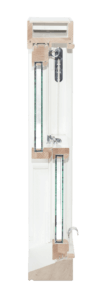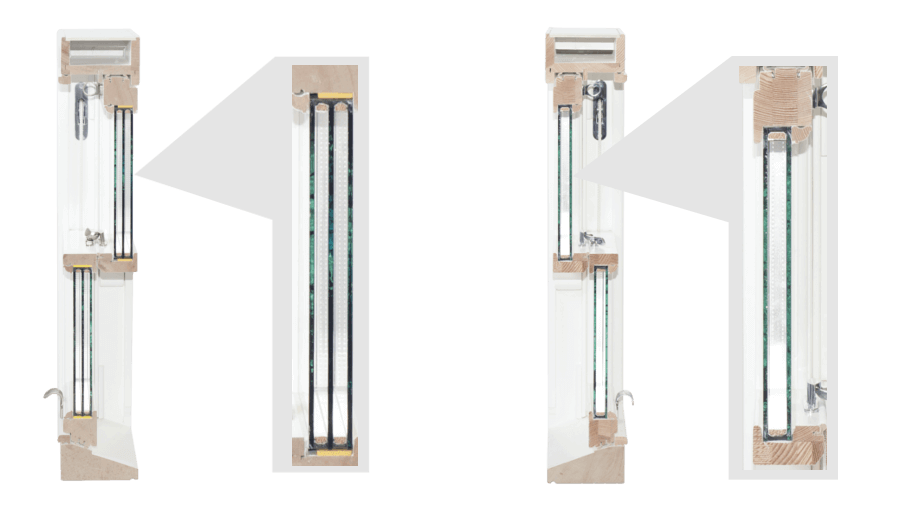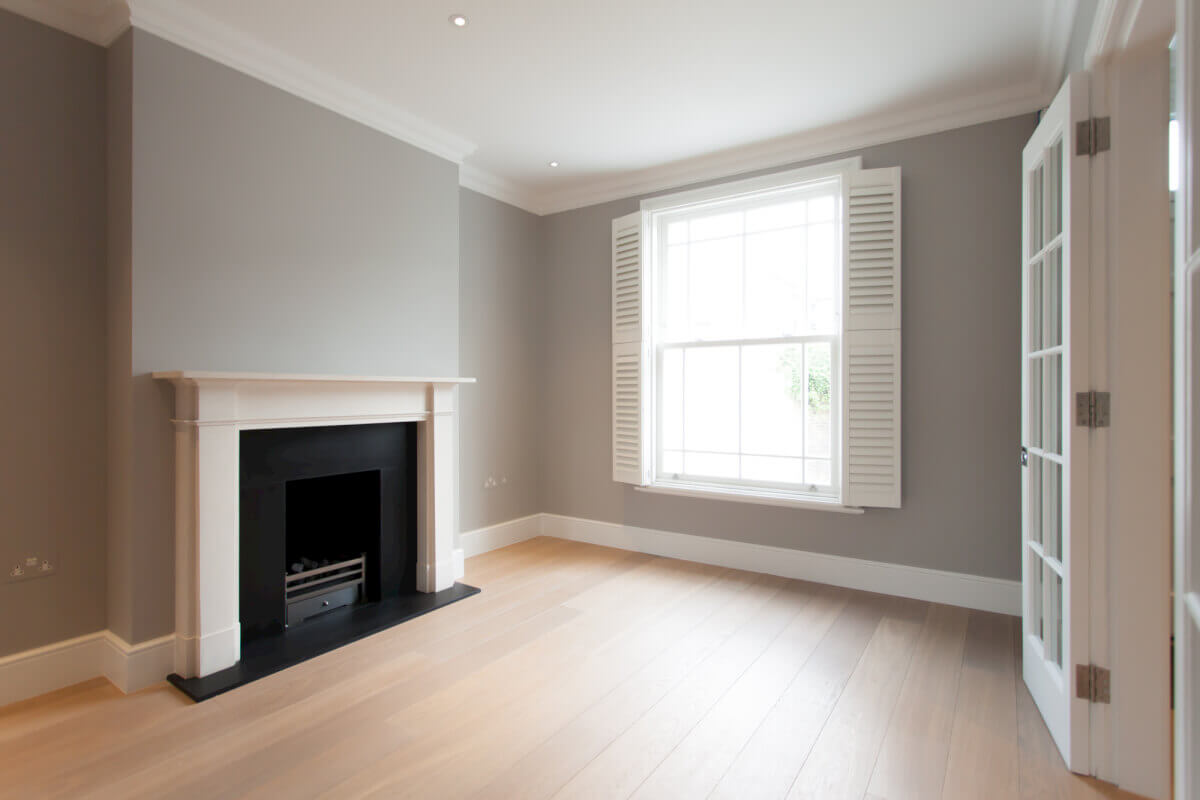 Double-glazed windows are currently the staple of windows in UK homes. There’s no denying the fact that they offer their fair share of advantages over single glazing, to the point that the latter is no longer considered a viable option for homes. With double glazing, you can ensure that your home has much better thermal performance. However, triple glazing has now become an option and that raises the question: should you choose double or triple-glazed windows for your home?
Double-glazed windows are currently the staple of windows in UK homes. There’s no denying the fact that they offer their fair share of advantages over single glazing, to the point that the latter is no longer considered a viable option for homes. With double glazing, you can ensure that your home has much better thermal performance. However, triple glazing has now become an option and that raises the question: should you choose double or triple-glazed windows for your home?
What is double glazing?
Double glazing has revolutionised the way windows function and the current regulations make sure that no new house can be built without double-glazed windows. This system works by utilising the vacuum between two panes of glass. This vacuum helps increase thermal efficiency, making sure that your home remains safe and warm at all times.
What about triple glazing?
Triple glazing works on the same principle, but utilises three panes of glass instead, providing us with two spaces of trapped vacuum. Logically, this means that these windows should provide even better thermal regulations – Norway and Sweden, for example, have laws dictating that new builds should include triple-glazed windows, while the super energy-efficient PassivHaus model also utilises exclusively triple glazing. It might sound like triple glazing is thus the objectively better choice, but whether that is really the case or not depends on a number of factors.

So which should I choose?
Triple glazing offers the following advantages over double glazing:
- better acoustic performance for keeping out noise
- better for retaining heat in the home
- improved U-value of 0.9Wh/m2.K
- gathers enough sunlight to work with even north-facing windows
- stronger, more durable
Both double and triple-glazed windows come in a range of colours and both offer a similar level of quality, aside from the additional traits listed above. However, triple glazing involves a much more complex production process with different gases used to create a vacuum, and as a result, the price of triple-glazed windows is far greater than that of the double-glazed variant.
If you aren’t in need of the above improvements – such as, if you don’t have north-facing windows, problems with noise or your home getting cold in the winter – double glazing may actually be the optimal option. A new double-glazed window can actually prove to be more energy-efficient than its triple-glazed counterpart. So before making your purchase, make sure the additional pane and the costs involved are actually something you need in your life.




